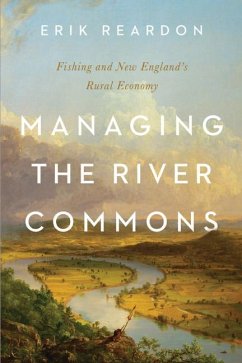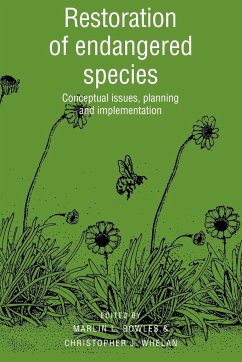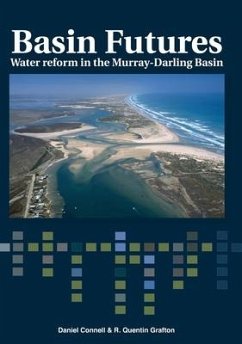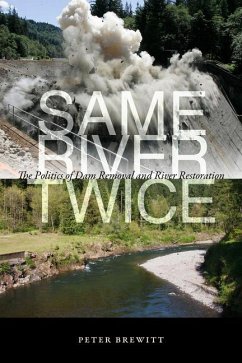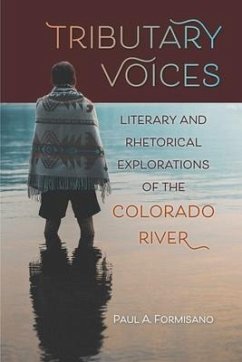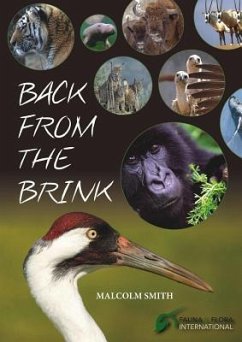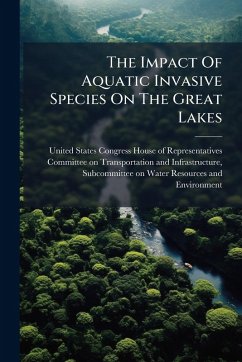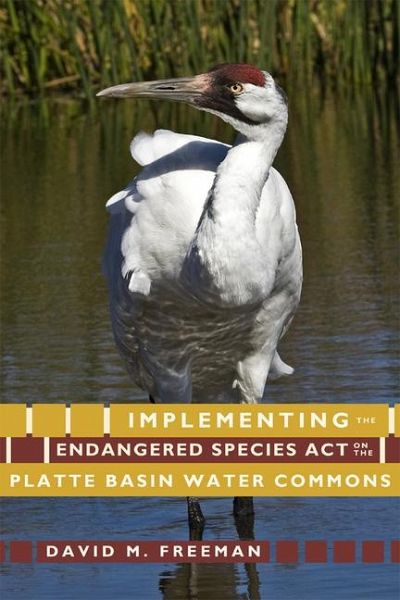
Implementing the Endangered Species Act on the Platte Basin Water Commons

PAYBACK Punkte
12 °P sammeln!
Water users of the Platte River Basin have long struggled to share this scarce commodity in the arid high plains, ultimately organising collectively owned and managed water systems, allocating water along extensive stream systems, and integrating newer groundwater with existing surface-water uses. In 1973, the Endangered Species Act brought a new challenge: incorporating the habitat needs of four species-the whooping crane, piping plover, least tern, and pallid sturgeon-into its water-management agenda. This book tells of the negotiations among the U.S. Department of the Interior, the environmental community, and the states of Wyoming, Colorado, and Nebraska that took place from the mid-1970s to 2006. Ambitious talks among rival water users, environmentalists, state authorities, and the Department of the Interior finally resulted in the Platte River Habitat Recovery Program. Documenting how organisational interests found remedies within the conditions set by the Endangered Species Act, describing how these interests addressed habitat restoration, and advancing sociological propositions under which water providers transcended self-interest and produced an agreement benefiting the environment, this book details the messy process that took place over more than thirty years. Presenting important implications for the future of water management in arid and semi-arid environments, this book will be of interest to anyone involved in water management, as well as academics interested in the social organisation of common property.







